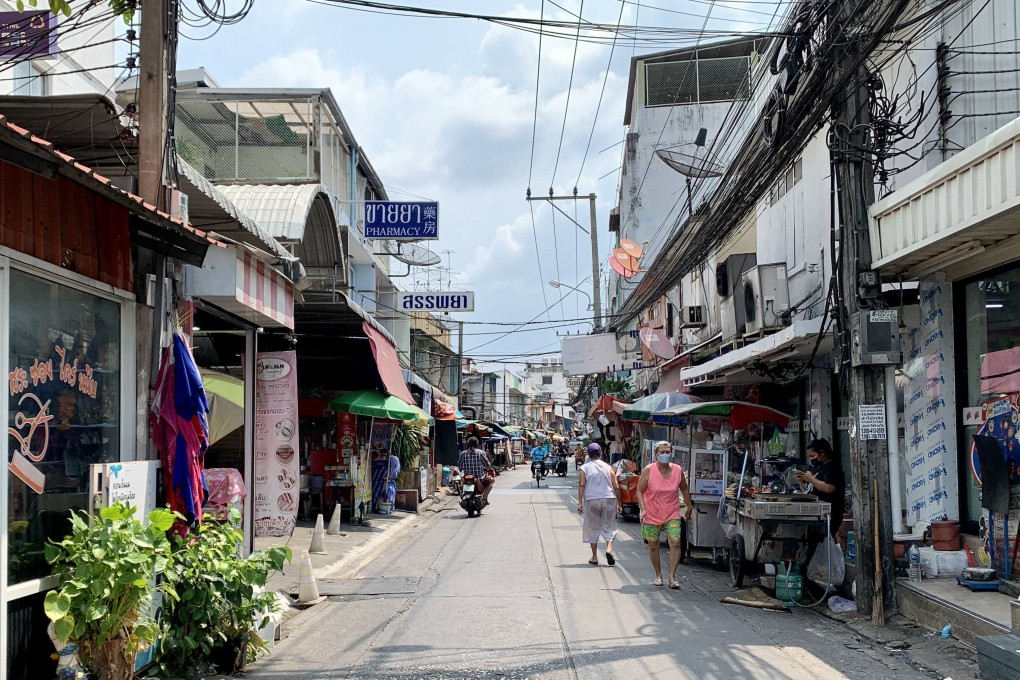Advertisement
What it’s like arriving as a tourist in Thailand now, from tests to passes and the costs involved
- Thailand was one of the first countries in Asia to scrap quarantine on arrival – now there’s a single test and a night’s stay in a certified hotel
- If you’re looking to get out of Hong Kong, we explain what you need to do in advance and when you arrive in Thailand and how much it will cost
Reading Time:3 minutes
Why you can trust SCMP
17

The melodious lilt of a sawasdee kaa has never sounded sweeter than when I stepped off the plane in Bangkok, Thailand, a couple of weeks ago.
After two years of struggling to stay sane and keep my career as a travel journalist afloat, I finally buckled under the weight of Hong Kong’s dynamic zero-Covid-19 policy and set off for the Land of Smiles, unsure of when I might be able to return home without enduring lengthy quarantine.
Following the limited success of last autumn’s Phuket Sandbox scheme (which allowed travellers to move around the country following a loose seven-day confinement on the island), Thailand became one of the first countries in Asia (along with Sri Lanka and Cambodia) to scrap quarantine on arrival for visitors.
Now Thailand has Test & Go, which involves pre-booking a single night in a hotel certified by the Safety and Health Administration (rated SHA+), a private transfer and a PCR test. The official list of hotels (web.thailandsha.com/shaextraplus) has hundreds of options, with prices varying from about US$64 to US$128 per person.

Depending on which package you opt for, the test is administered either at the airport or when you arrive at your hotel. At the Capella Bangkok, my result – negative – came back in six hours, after which time I was free to leave my room.
Advertisement